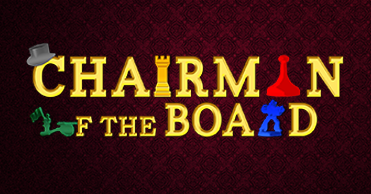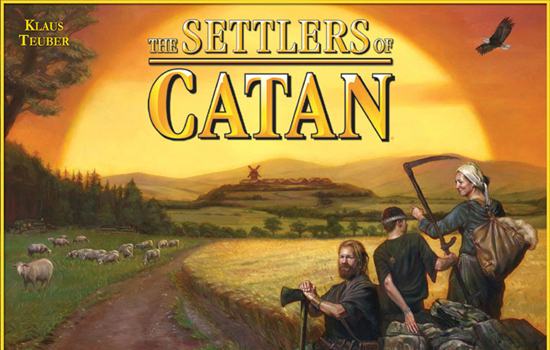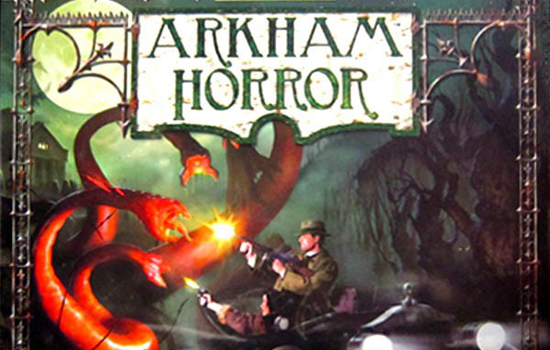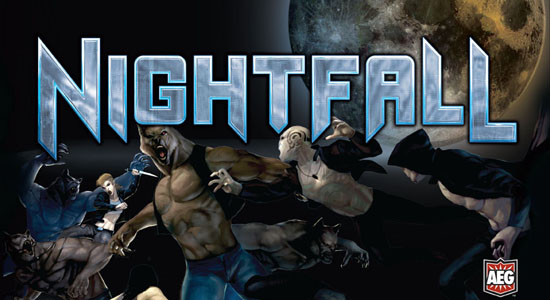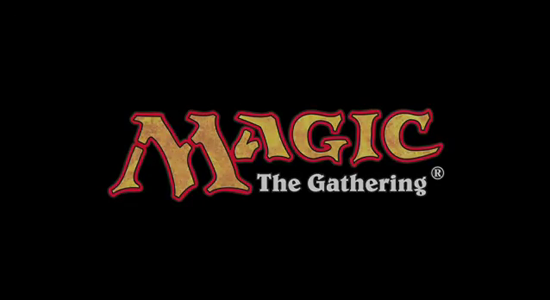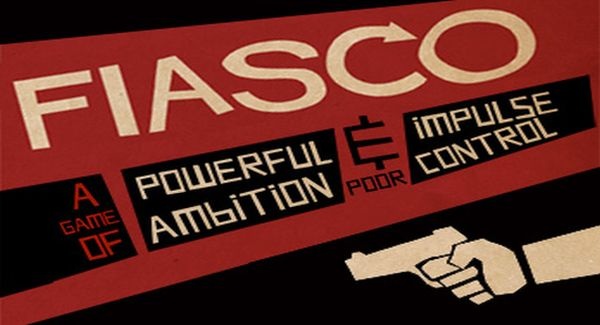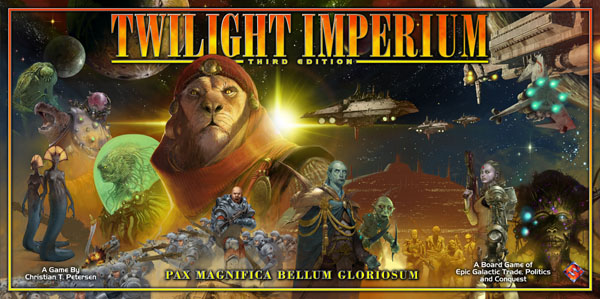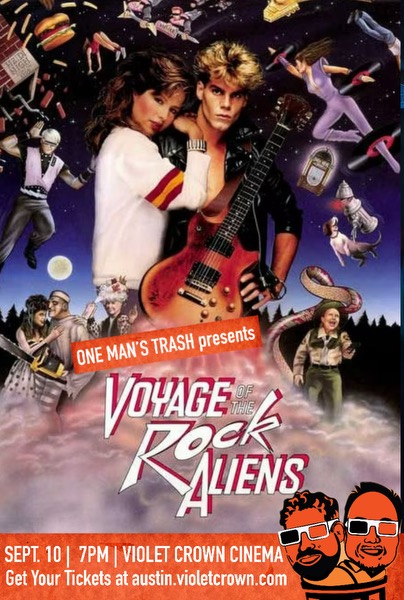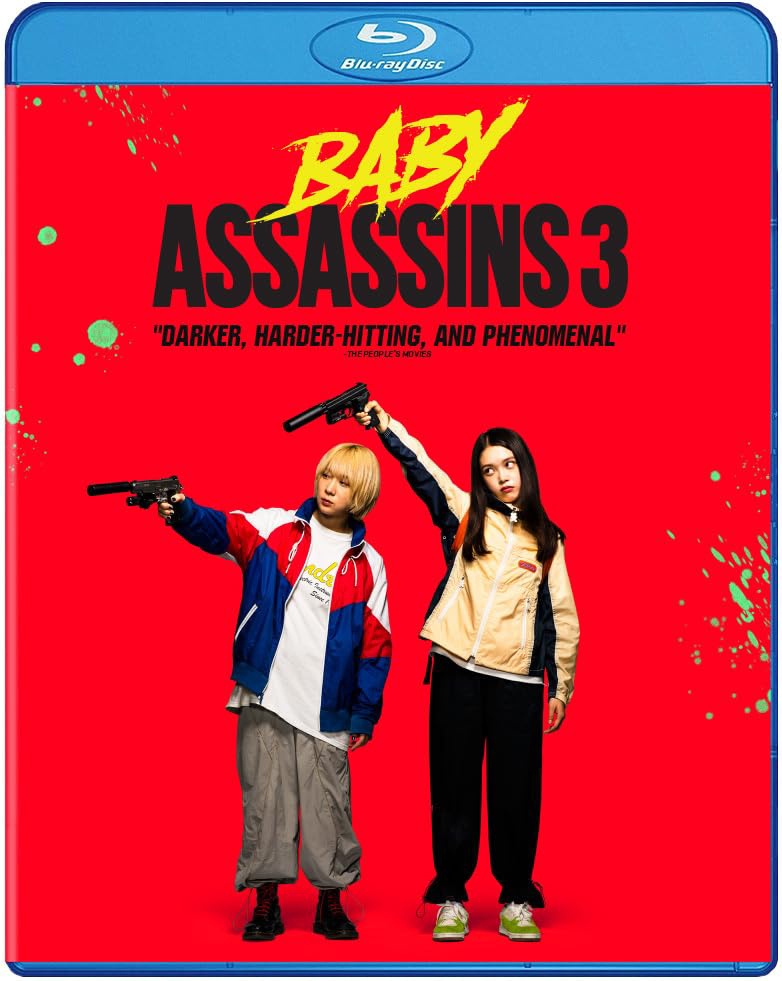Board games are amazing. More specifically, board games are amazing and they have never been more amazing than they are right now.
While the video game community finds itself embroiled in a loud and ugly war over DRM and Hollywood struggles to do anything right, the world of tabletop gaming has been moving in some pretty profound directions. Board gaming is, quite simply, the only form of modern entertainment that is truly innovating on a consistent basis. Because it’s a niche market, game designers and publishers have more freedom to push against the boundaries of their medium and to try things that are new and radical and different.
It’s not that you don’t like board games — you simply haven’t found the board games that speak directly to you quite yet. If you’re tabletop experience begin and ends with that painful game of Monopoly you never finished with your family a decade ago, you ain’t seen nothing’ yet.
In other words, welcome to Chairman of the Board, a board gaming column that will attempt to educate, illuminate and get you excited about this world of cardboard and tokens and dice. It’s a world that may seem daunting at first — games can be expensive, there are dozens of types and genres, everyone’s ideal gateway is different, etc. — but I’m going to do my damnedest to tell you why it’s all worth the trouble. By the time I’m through with you, your wallet will be empty, but you’ll be completely and totally satisfied.
Ahem.
Let’s start with the broad strokes. Board game aficionados can (and oh, they will) argue semantics all day and all night, but you can ultimately break the world of tabletop gaming into a series of broad categories.
You’ve got…
Eurogames
Ameritrash
War Games
Deck Builders
Collectible Card Games
Living Card Games
Role Playing Games
You could then break each of these into further subcategories (and some games overlap these categories), but this is Gaming 101. We’ll get to the heavy stuff later.
Although the most important thing about playing tabletop games is, you know, having fun and stuff, knowing terms like this will allow you to walk into your local game and hobby store and sound like you know what you’re talking about. Trust me, once you know the lingo, you’ll be the coolest uncool kid in the shop.
Eurogames
As the name implies, these are games who have their origins in the German school of board game design. These tend to be impeccably balanced, non-confrontational games that value intellect, thoughtful strategy and planning ahead to win. Victory is often achieved through collecting points or achieving a series of objectives that are open and known to everyone at the start. Directly harming another player’s game is often frowned upon or directly prohibited. There is little to no luck in Eurogames and if you want to win, you have to out-think and out-strategize your opponents. If you fail at a Eurogame, the only person you have to blame is yourself.
You can generally tell a Eurogame because it’s the one where you all play as sheep farmers or silk merchants or castle architects. Simply put, the themes of most Eurogames seem deathly dull on first glance. The Settlers of Catan may be one of the most popular board games in the world, but watch your friends’ eyes glaze over as you tell them its a game about building roads while trying to collect enough sheep to build a city. However, these simple themes end up paying off in dividends once everyone knows the game. When things get good, you’re all playing a game of cutthroat wine-making and it’s hilarious.
Ameritrash
AKA, the games that look really cool that you’ll instantly gravitate toward the moment you take up this hobby. These games drip with theme and often operate on chaos. Forget about balance — Ameritrash is all about who has the biggest army of spaceships. Forget about things being fair — a single bad dice roll or an unlucky draw of a card will cripple your entire game and let your opponent’s army of trolls ravage your homeland. Ameritrash games are the board game equivalent of Hollywood blockbusters. They’re big, they’re loud, they’re flashy, they tend to have dozens (hundreds!) of pieces and they generate absolutely amazing stories.
Stories. That’s the appeal of the American school of board game design. Although the name was originally coined by snobby Eurogame gamers who turned their nose up this type of game, “Ameritrash” has stuck around as a badge of honor. Sure, things may not go your way. Sure, your pirate ship may get obliterated by storms and the British navy every time you try to move. Sure, your badass warrior may get his ass kicked because you rolled a three and needed a four. Sure, your paranormal investigator got devoured by a Shoggoth because your Luck stats weren’t high enough. But you know what? If you’re playing Ameritrash right (and are playing with the right people), the story of disaster and mayhem that you generate will be unforgettable.
War Games
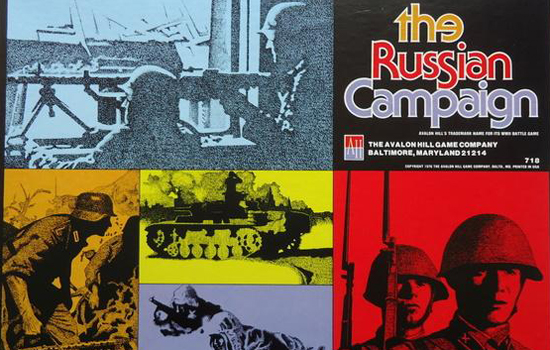
Then we come to war games, which are a special breed all to themselves. Have you played Risk? Yes? Well, then you haven’t played a war game. Because Holy Shit, you’ll know if you’ve played a war game. If you’ve spent twelve hours in a sweltering basement trying to figure out how to establish a supply line on a paper map simulating the Boer Wars, then you’re a war gamer. If you’ve spent several weekends recreating Operation Market Garden, shoving tokens representing artillery and tanks across a highly detailed hex map, then you are a war gamer.
I am not a war gamer. At least not yet. Sorry.
Deck Builders
Now we come to deck builders, a relative newcomer to the gaming world. These games consist almost entirely of cards (and occasionally a few tokens) and involve players attempting to build strong hands and decks from a central pile. Unlike other card games (we’ll get to that in a moment), deck builders are complete games straight out of the box, with everyone battling over the same cards and resources, trying to build something strong from what they’ve been dealt. The abstract nature of deck builders means that there will usually be one for every taste. Want to play a card game that simulates ruling a medieval kingdom? Dominon is your game. Want to build armies of vampires and battle your opponents to the death? Nightfall may be up your alley.
Living Card Games & Collectible Card Games
Deck builders are not to be confused with collectible card games (CCGs) and living card games (LCGs), which offer their own nuances and will generally cost you a lot more money. CCGs are card games where players are expected to buy new cards on a regular basis, with older cards eventually being cut out of league play. Players can supplement their ever-evolving decks with booster packs, which give them seven random cards (which they may already have). As any Magic: The Gathering fan can tell you, staying active in a CCG is a hobby unto itself.
LCGs are similar, but a bit easier on your wallet. Created by Fantasy Flight Games, the LCG system is also a constantly-evolving card game, but you acquire new cards by purchasing monthly expansions whose contents are never a mystery. So it’s like a LCG but without the random chance. It’ll still cost you in the long run, but if you want to delve into a card game on budget, this may be your best option.
Role Playing Games
Finally, that brings us to role playing games…which are more commonly known as RPGs…which are more commonly known as those things fat social pariahs play in their mom’s basement. While this stereotype has a bad habit of actually being true, the world of RPGs has been experiencing a bit of a revolution itself in the past decade. In addition to old standbys like Dungeons and Dragons, the indie RPG movement has revitalized the genre in some truly exciting ways. Sure, you may not want to play a 6-month long D&D campaign, but could you say no to the one-and-done two hour Coen brothers movie simulator known as Fiasco? How about some competitive storytelling (alcohol is encouraged) with The Extraordinary Adventures of Baron Munchausen? If you’re a creative type without too much shame, the world of indie roleplaying is about as tantalizing as some kind of metaphor about a starving man on a desert island.
Whew. Okay. But were do you start?
If Eurogames sound like your thing, you can’t go wrong with The Settlers of Catan, a game that’s been transforming ordinary people into hardcore gamers for close to twenty years. There’s even a badass Star Trek version of the game just in case playing as a farmer/city planner sounds a little dull. I also can’t say enough nice things about Tammany Hall, a surprisingly vicious Euro that sees players competing to become mayor of New York City in the 1860s and Pandemic, a modern classic that sees players working together to save the planet from a deadly plague.
If Ameritrash is your thing, you may want to consider jumping into gaming headfirst with the mother of all modern Ameritrash: the HP Lovecraft simulator/mental torture device known as Arkham Horror. It’s a beast to learn, but it’s cooperative, so at least you’ll all suffer together. For an equally cinematic but less mind-melting experience, Last Night on Earth is a terrific zombie game that sees one player controlling an undead horde and others attempting to survive.
If deck builders sound appealing, Dominion is probably your best start, but the superhero-themed Sentinels of the Multiverse is pretty slick. If you want to dive into the CCG hole, Magic may be your best option, but I’d recommend giving the Netrunner LCG a start since it’s cheaper and a significantly better game.
RPGs? Fiasco. It’s very hard to go wrong with Fiasco.
And this is the point where I close things out by saying that all of the categories I’ve talked about above have a habit of either overlapping with others or dissolving altogether. For example, the tremendous City of Remnants takes area-control gameplay (which is very Eurogame), puts in in a conflict driven sci-fi scenario (total Ameritrash) and uses deck building a deck building mechanic to resolve combat. And then there are the games of designer Vlaada Chvatil, a mad genius whose amazing, hilarious games defy all labels (he’ll get a column of his own soon enough).
If you’re new to the hobby, welcome! If you’re a veteran, I promise that later columns will get into the nitty gritty a little bit more. But most importantly: what have you been playing? Share your recommendations, stories and horror stories below. I can’t wait to hear them.

